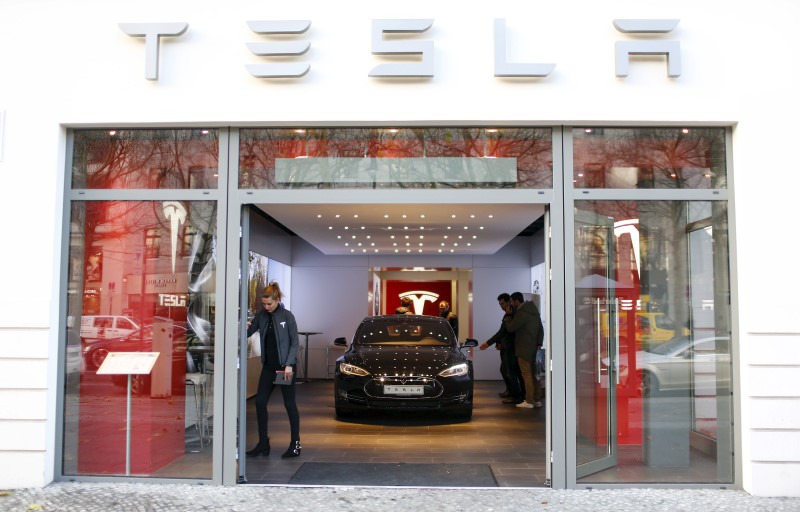Despite several reports of major price cuts and margin shrink, HSBC believes that the media reports of a pricing war in the European EV market may be somewhat exaggerated.
German newspaper, Handelsblatt recently referenced a PwC Strategy report to support the notion of a BEV price competition extending to Europe. However, this view is in contrast with statements coming from the automobile manufacturers.
HSBC Global Research found that there is a shortage of collected information on pricing in Europe and has decided to launch its own BEV Pricing Monitor.
HSBC has gathered available discount data in the UK and Germany for the 20 top-selling BEVs in Europe, and believes the breadth/depth is enough to provide a useful insight into the state of new BEV pricing in Europe.
While initial observations suggest that dealers are providing substantial price reductions, further examination revealed the inclusion of major government and OEM incentives. When these factors are taken into account, the current EV discounts in Europe appear to be relatively moderate.
HSBC analysts' perspective is that the existing discounts available for EVs in Europe fall within the usual range for incentives funded by retailers.
“There is little evidence in our analysis that OEMs are pushing EV volumes,” the analysts wrote.
“…despite talk of softer order intake for BEVs, we do not see any particular signs of a price war, which is contrary to the media view,” they added.
Although discounts occasionally reach nearly 13% in specific instances, the typical reduction extended to new vehicle models in both Germany and the UK hovers around 7-8% below the recommended retail price.
Notably, Tesla's (NASDAQ:TSLA) models (Y and 3), which hold the top two spots in market share rankings, exhibit either minimal discounts or none at all. While this could be attributed to strong customer demand for these models, it's worth mentioning that Tesla had reduced its list prices by approximately 20% earlier in the year, suggesting that pricing has already been recalibrated downward.
HSBC’s current data set only spans one month. However, the research company plans to continue monitoring trends monthly.
